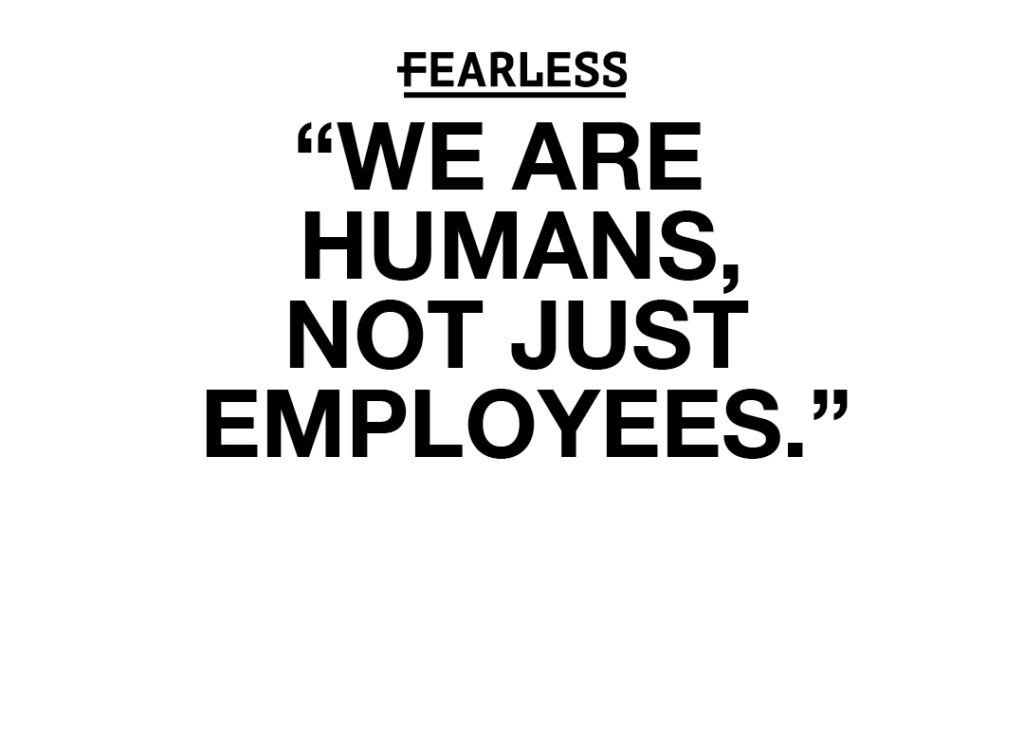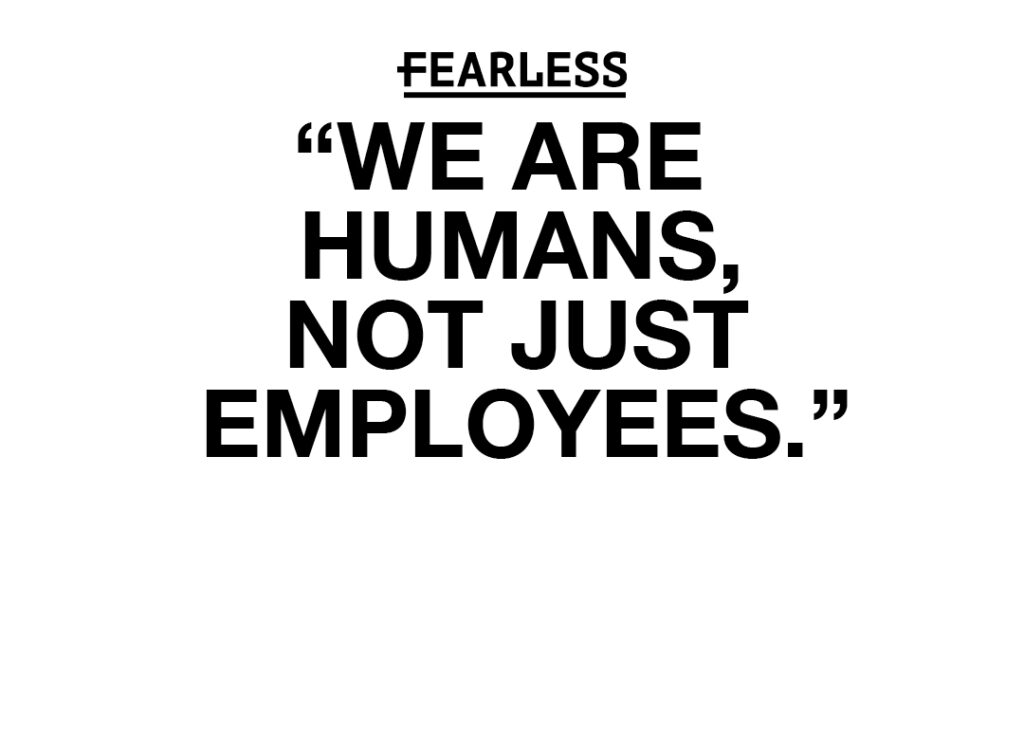The Elbert Files: Danger: Iowa caucuses ahead

“Are you ready for a year of living dangerously?” asked my friend K.C. when I ran into him last week at the downtown library.
“What makes 2015 so dangerous?” I asked.
“The caucuses,” he said. “They’re coming in early 2016, which means the candidates and media bozos will be all over Iowa this year.
“It’s too bad,” he said, “because when Cliff Larson created them in 1972, the caucuses made sense.”
Larson, I recalled, was chairman of the Iowa Democratic Party in 1970.
“Cliff didn’t really invent the caucuses as much as he reformed them,” I said. “After the 1968 Chicago convention, he wanted to make Iowa’s delegate selection more equitable than the old winner-take-all system. He created a process to preserve proportional support for candidates as they moved from precinct caucuses through the county and district conventions to the state convention, where presidential delegates are chosen.
“To make it work in real time, they moved the whole process ahead so that the caucuses occurred a week or so before the New Hampshire primary in 1972,” I said.
“It worked in 1972,” K.C. said. “And nobody much noticed, which was good.”
“But then in 1976, Jimmy Carter mucked it all up by telling The New York Times he was going to win Iowa before rolling into New Hampshire. And people believed him, even though he didn’t win the caucuses.”
“He didn’t?” I said.
“Nope. Uncommitted won with 37 percent, nine points more than Jimmy,” K.C. said. “Then in 1980, the Republicans got in the act. Only they didn’t worry about the proportional thing. They just held a straw poll on caucus night. The media loved it, and it didn’t really affect delegate selection.”
“I remember,” I said. “There were seven candidates. George Bush beat Ronald Reagan.”
“Not true,” said K.C. “Nobody knows who won, because the Republicans’ computer crashed sometime after midnight and they never completed the vote count. It was like 2012, when Mitt Romney was declared the winner, until several days later when Rick Santorum won.”
“Tell me again why you don’t like the caucuses?” I asked.
“Because they’re meaningless,” he said.
“The Democrats’ proportionality process has become so obtuse that you have to have a Ph.D. in math to figure it out. Depending on turnout in any given precinct on any particular night, my vote in rural Iowa might be worth two or three times your vote in West Des Moines.
“Republicans just show up and vote in the straw poll. There is no guarantee the vote count will be accurate or will mean anything when they pick convention delegates months later.”
“Here’s a trivia question,” K.C. said. “Since 1976, there have been 12 open caucus contests with no incumbent president. Six were Democratic and six were Republican. How many candidates won and went on to win the presidency?”
“Two,” he said before I could answer. “George W. Bush in 2000 and Barack Obama in 2008.”
“But,” I injected, “a lot of caucus winners went on to win nominations.”
“Actually,” K.C. said, “among the Republicans, only Bush in 2000 won the GOP nomination. His father, who supposedly won the 1980 GOP caucuses, lost the nomination to Reagan, and in 1988, when Papa Bush won the nomination, he lost the caucuses to Bob Dole.
“Three Democrats won the Iowa caucuses and the nomination but lost the presidency – Mondale in 1984, Gore in 2000 and Kerry in 2004,” he said.
“So the caucuses at least narrow the field,” I said.
“So does flipping a coin,” K.C. said.
“The Iowa caucuses promote flawed Republicans who can’t win their party’s nomination and loser Democrats who can’t win a general election,” he said.










